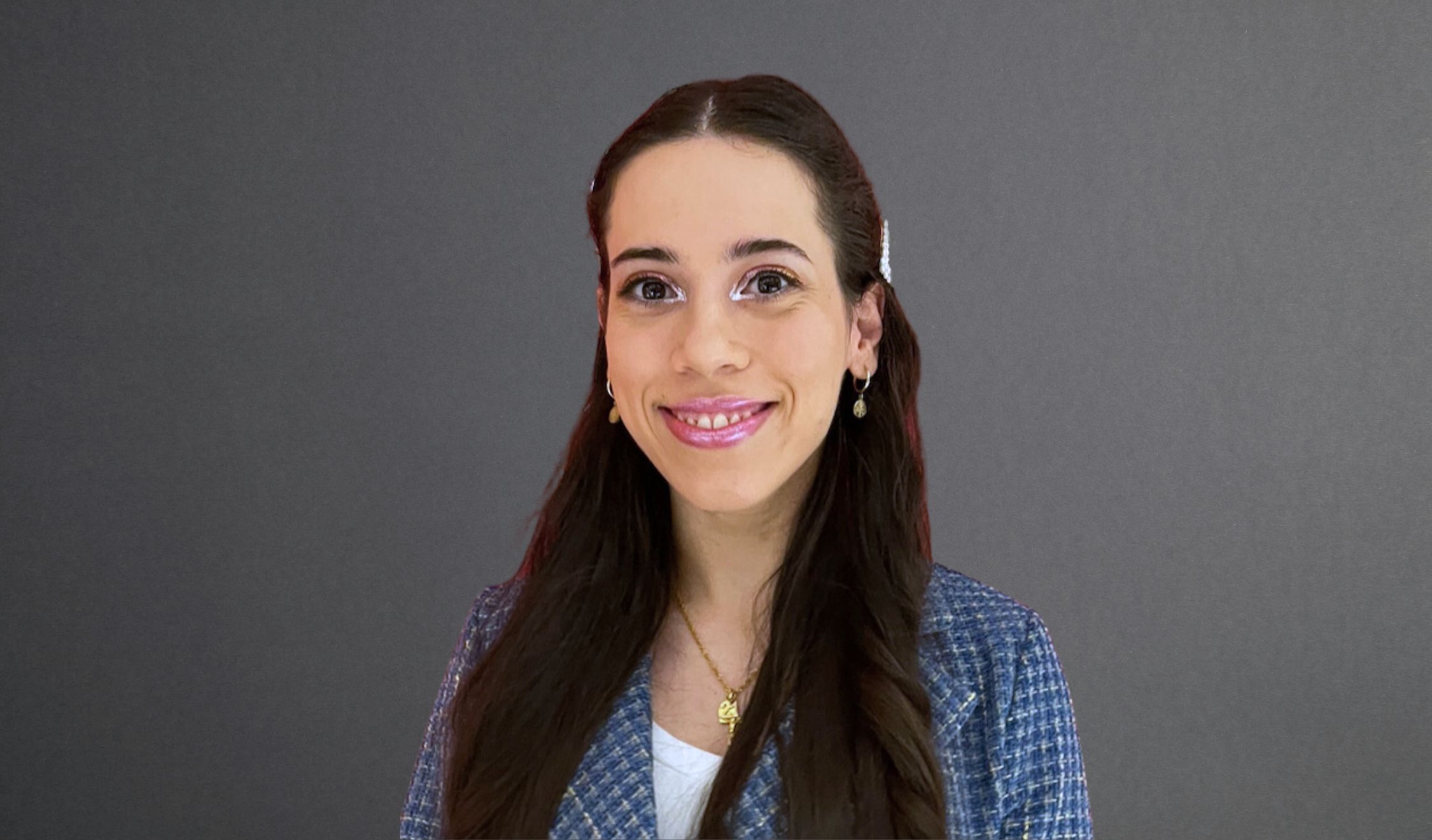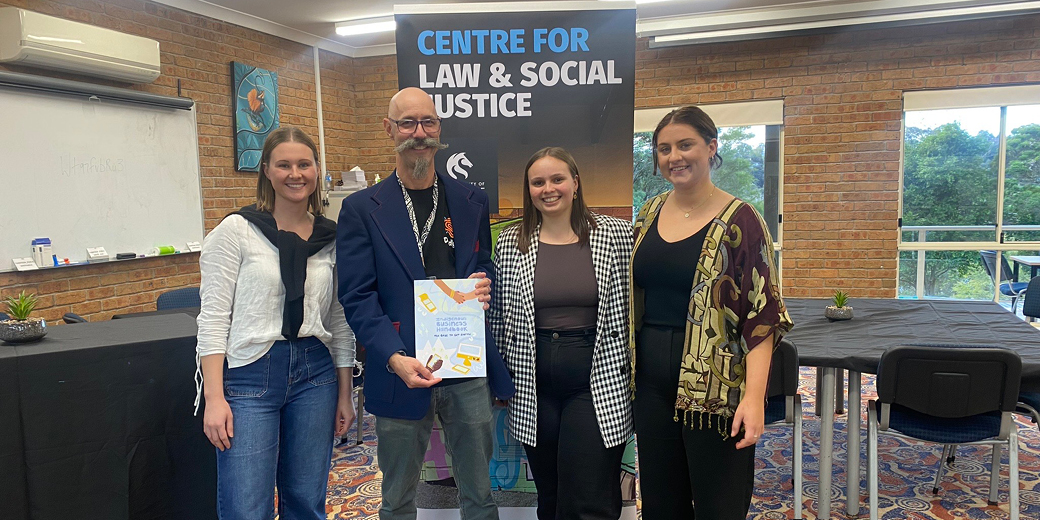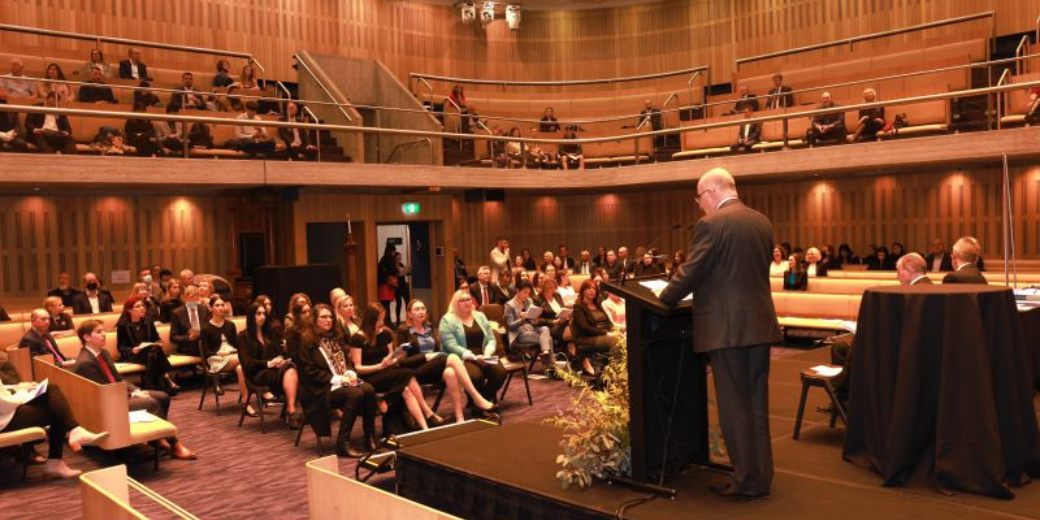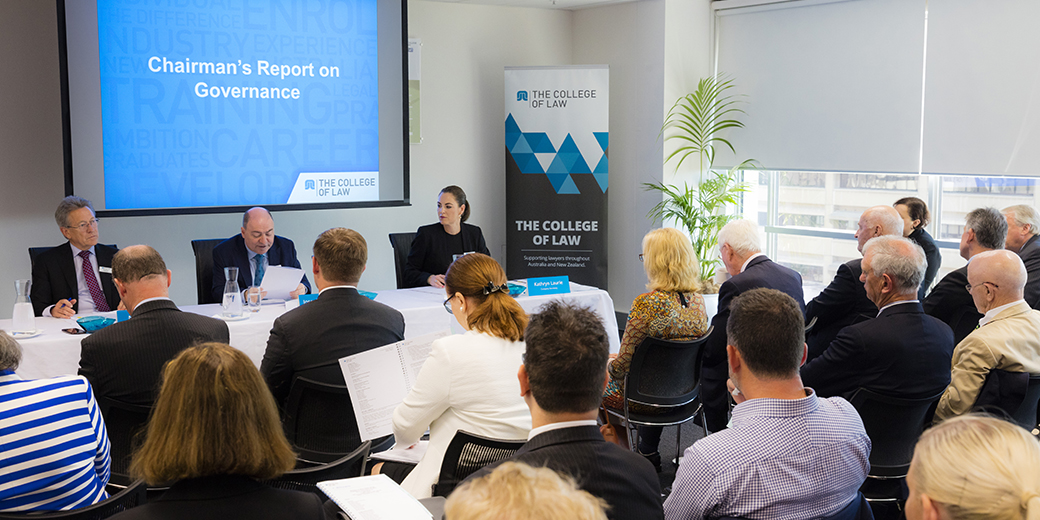The revolution will be digitised: Could legal operations be your future career?
Legal operations has been quietly on the rise for almost a decade. In 2010, Connie Brenton, the first ever legal operations executive of Oracle, founded the Corporate Legal Operations Consortium.
This year saw another first: the launch of Minter Ellison’s dedicated Legal Operations Graduate Program, Revolution. It is clear signal that large law firms now recognise the importance of legal operations, and prioritise attracting new lawyers to careers in legal operations.
Insights explores the rise of legal operations, how client demand contributed to its growth, and what kind of work a legal operations team might undertake.
What are ‘legal operations’?
The role and function of legal operations have evolved over time. In its simplest sense, legal operations essentially take a strategic view, assessing how the firm’s lawyers currently work, scoping potential technological and process-driven solutions - or even inventing these solutions alongside developers - and ensuring these solutions are effectively implemented.
The skills required are vast and varied and include strategic planning, analytics, empathy and an innate comfort with technology.
“For years, the single most asked question was: what is the role?” Connie Brenton told the Financial Times. In response, CLOC published the Core Competency Legal Operations Reference Model, a list of 12 core skills and areas deemed essential to a legal operations professional.
The smooth operators of law (are not always lawyers)
Without question, a profound understanding of what lawyers do and how they work is essential to succeeding in legal operations. For this reason, many lawyers do transition to legal operations, attracted by the chance to fix systemic and cultural issues through better work practices and technology.
The very nature of this role can engender resistance from some lawyers, however.
“You have to have a thick skin succeed in this role,” Connie Brenton told Thomson Reuters. “This is a job for those who can drive constant change while enduring others’ resistance to it. Adaptability and a tolerance for risk are also essential to creating efficiency and effectiveness in such a complex environment. Things don’t always go smoothly or how you expect, but those who don’t waiver in their efforts to achieve the vision set with the General Counsel will see big wins.”
Sometimes, an outsider view can be beneficial. Brian Hupp, a legal operations executive at Facebook, holds a PhD in Italian literature - but no formal legal training.
Driven by client demand and competitive pressure
The Global Financial Crisis of 2009 played a part in pushing clients to seek less expensive legal solutions to their disputes. Despite the fact that legal innovation and technology has made a major impact on lawyer efficiency - and therefore legal fees - it can still be a challenge to be seen as equals to partners or management.
“Many of your colleagues may have very little knowledge or understanding of the function of legal operations,” as Dana Varney, Avi Networks’ Director of Legal & Operations, explained to Thomson Reuters. “Whether your legal department has a newly created legal operations function or if legal operations is just one of the many ‘hats you wear,’ you need to become a ‘legal operations evangelist’ within your legal department as well as cross functionality.”
The best legal operations solutions are so often the simplest and least expensive. For Connie, the introduction of electronic signature, through Adobe Sign, and workflow technologies, through ThinkSmart’s TAP, was groundbreaking.
“These two related technologies are easy to implement, they can benefit every team within a company, and they create efficiencies and improved guidance, quickly and inexpensively,” Connie told Thomson Reuters.
Disruption from within by law firms and in-house teams
MinterEllison’s graduate program is directly aimed at achieving disruption from within. Successful participants are trained in legal project management, process analysis, artificial intelligence, and emerging technologies.
The firm has every reason to pursue this graduate program - in fact, they have already saved 30,000 hours of task work per year for their lawyers. It is initiatives like these that have seen MinterEllison featured in the Top 10 Most Innovative Law Firms 2019, and its digital tools recognised in the Financial Times Innovation in the Business of Law Technology awards.
For new lawyers, it represents an unprecedented opportunity to be involved in how a law firm is run very early in their career. For law firms, programs like these help them to stay competitive.
For the legal profession, the rise of legal operations can ultimately mean only one thing - a better way to do legal work is now coming of age.
Interested in studying legal operations? Take a look at the College's Graduate Certificate of Legal Operations.



































![How to handle Direct Speech after Gan v Xie [2023] NSWCA 163](https://images4.cmp.optimizely.com/assets/Lawyer+Up+direct+speech+in+drafting+NSW+legislation+OCT232.jpg/Zz1hNDU4YzQyMjQzNzkxMWVmYjFlNGY2ODk3ZWMxNzE0Mw==)































































